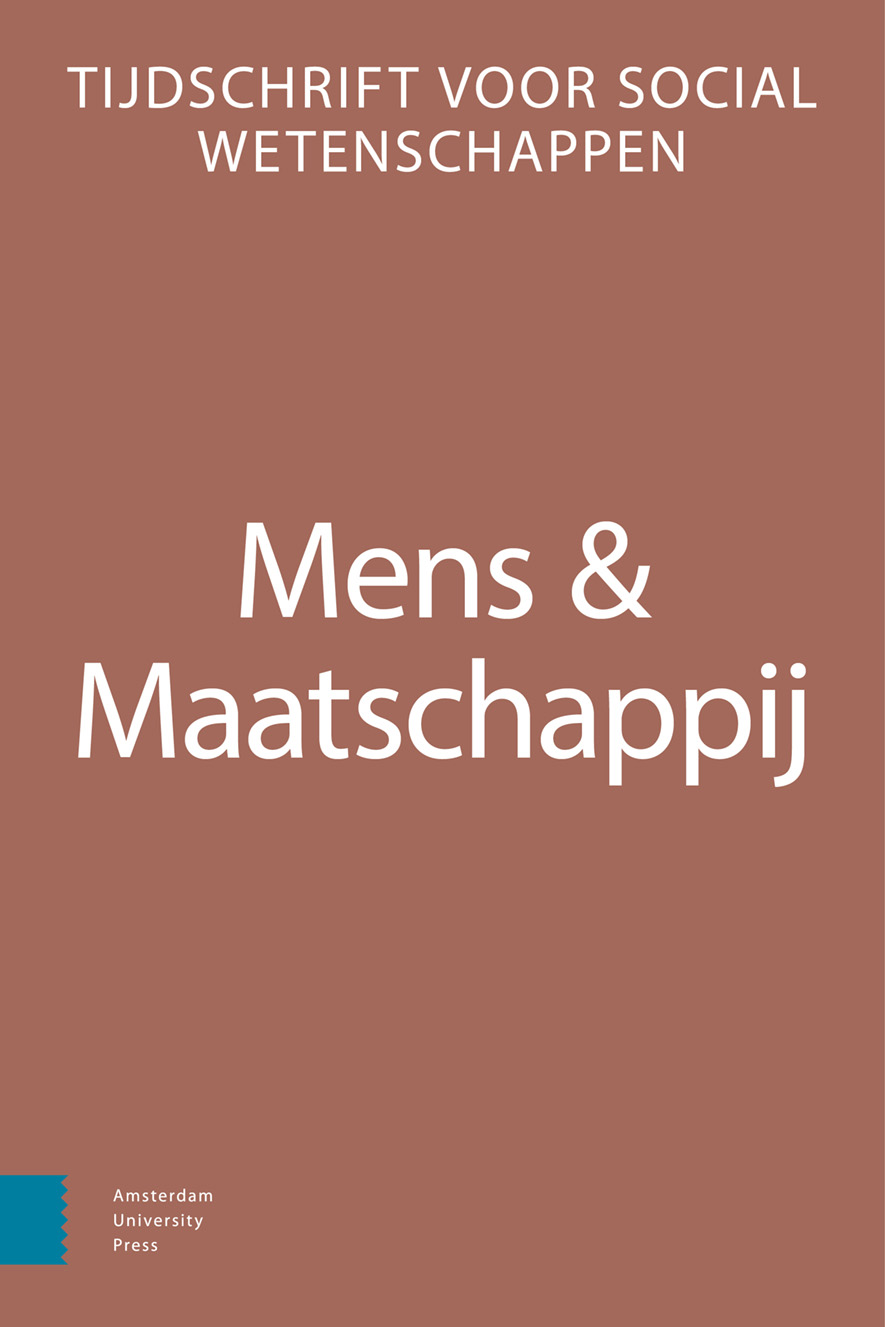-
oa Werkende armen in de verzorgingsstaat: De effecten van geslacht, opleidingsniveau, beroepsstatus en leeftijd
- Amsterdam University Press
- Source: Mens & Maatschappij, Volume 98, Issue 2, Jun 2023, p. 205 - 234
-
- 01 Jun 2023
Abstract
In-work poverty in the welfare state: The effects of gender, educational attainment, occupational status, and age
Globalization has put a new kind of pressure on the welfare state. Due to a rise in flexible contracts, a stable income is no longer a given, which results in an increase in the working poor. This article examined the extent to which the effect between in-work poverty and individual characteristics like gender, educational attainment, age and occupational status depends on the type of welfare state someone lives in. The welfare state classification used in this article is based on an article by Jacques and Noël (2020), who distinguished between the degree of universalism, residualism and targeting within universalism. A multilevel-analysis was conducted using EVS, OECD and Eurostat data (N = 14,405), which showed that gender, age, educational attainment and occupational status, contrary to macro characteristics like Gini coefficient and GDP per capita, have significant direct effects on in-work poverty. The main contribution of this paper, however, is that some of these individual direct effects differ per policy context. These differences do not completely align with the targeting within universalism theory posed by Jacques and Noël, which indicates that critical reflection of their theoretical framework is necessary.


